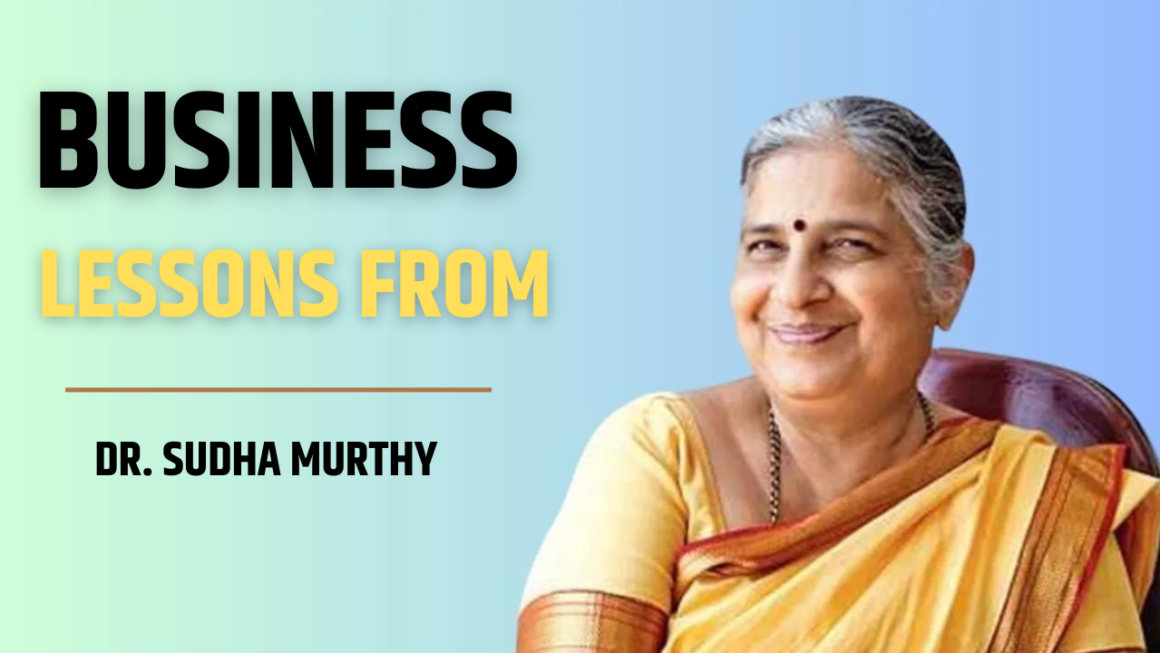Indian Stock Market Abbreviations
The Indian stock market is a dynamic and complex ecosystem that uses a wide range of abbreviations, acronyms, and terms to describe various aspects of trading, finance, and investment. For both beginners and seasoned investors, understanding these Indian stock market abbreviations is crucial. In this blog, we’ll explore the top 50 abbreviations commonly used in the Indian stock market to help you navigate this financial landscape with confidence.
- NSE: National Stock Exchange
- BSE: Bombay Stock Exchange
- IPO: Initial Public Offering
- SEBI: Securities and Exchange Board of India
- NIFTY: National Stock Exchange Fifty
- SENSEX: Sensitive Index
- CMP: Current Market Price
- ROI: Return on Investment
- PE: Price-to-Earnings Ratio
- EPS: Earnings Per Share
- FY: Financial Year
- Q1, Q2, Q3, Q4: Quarters of the Financial Year
- AMO: After Market Order
- FII: Foreign Institutional Investor
- DII: Domestic Institutional Investor
- NFO: New Fund Offer
- NAV: Net Asset Value
- CAGR: Compound Annual Growth Rate
- DER: Debt Equity Ratio
- P/E: Price-to-Earnings Ratio
- P/B: Price-to-Book Ratio
- BPS: Basis Points
- DRHP: Draft Red Herring Prospectus
- RHP: Red Herring Prospectus
- RSI: Relative Strength Index
- CCI: Consumer Confidence Index
- MCX: Multi Commodity Exchange
- NCDEX: National Commodity and Derivatives Exchange
- P&L: Profit and Loss
- SE: Stock Exchange
- IPO: Initial Public Offering
- ARPU: Average Revenue Per User
- D/E: Debt-to-Equity Ratio
- HNI: High Net Worth Individual
- PE: Private Equity
- WACC: Weighted Average Cost of Capital
- ADR: American Depository Receipt
- AGM: Annual General Meeting
- AR: Annual Report
- CTS: Cheque Truncation System
- DR: Delivery Ratio
- EOD: End of Day
- ETM: Electronic Trading Mechanism
- F&O: Futures and Options
- HFT: High-Frequency Trading
- IB: Investment Bank
- MF: Mutual Fund
- OTC: Over-the-Counter
- PAN: Permanent Account Number
- ROE: Return on Equity
Understanding these Indian stock market abbreviations is essential for anyone involved in the Indian stock market. They help investors, traders, and financial professionals communicate effectively and make informed decisions. Whether you’re analysing financial reports, evaluating investment opportunities, or participating in trading, a solid grasp of these abbreviations will be invaluable in your journey through the Indian stock market.
Read: The History of the Stock Market Evolution in India
FAQs
Q: What does BSE stand for in the Indian stock market abbreviations?
A: BSE stands for Bombay Stock Exchange, one of the oldest stock exchanges in Asia.
Q: in the Indian stock market abbreviations what is NSE, and how does it differ from BSE?
A: NSE stands for National Stock Exchange. While BSE is based in Mumbai, NSE is another major stock exchange in India, located in Mumbai as well.
Q: Can you explain the meaning of IPO in the context of the Indian stock market abbreviations?
A: IPO stands for Initial Public Offering. It is the first time a company’s stock becomes available for public purchase.
Q: What does Sensex represent in the Indian stock market?
A: Sensex is short for the Sensitive Index, representing the performance of the 30 largest and most actively traded stocks on the BSE.
Q: Could you clarify the term P/E ratio in the Indian stock market?
A: P/E ratio stands for Price-to-Earnings ratio, indicating the valuation of a company’s stock in relation to its earnings per share.
Q: What is the significance of the term NAV in mutual funds in India?
A: NAV stands for Net Asset Value, representing the per-unit market value of a mutual fund.
Q: How does one calculate CAGR in the context of the Indian stock market abbreviations?
A: CAGR stands for Compound Annual Growth Rate and is calculated by determining the mean annual growth rate over a specified period.
Q: What is the role of SEBI in the Indian stock market?
A: SEBI stands for the Securities and Exchange Board of India, which regulates and oversees the securities market in the country.
Q: What is the difference between FDI and FII in the Indian context?
A: FDI stands for Foreign Direct Investment, referring to long-term investments in businesses, while FII stands for Foreign Institutional Investor, involving short to medium-term investments in securities.
Q: Can you explain the concept of MCap in the Indian stock market?
A: MCap stands for Market Capitalization, representing the total market value of a company’s outstanding shares of stock. It is calculated by multiplying the current stock price by the total number of outstanding shares.
Q: What is the stock market, and how does it work in India?
A: The stock market is a platform where shares of publicly listed companies are bought and sold. In India, it primarily operates through two major exchanges, the Bombay Stock Exchange (BSE) and the National Stock Exchange (NSE).
Q: How do I start investing in the Indian stock market?
A: To begin investing, open a demat account with a registered broker, complete the necessary KYC documentation, and start researching and selecting stocks or investment instruments that align with your financial goals.
Q: What is the difference between BSE and NSE?
A: BSE (Bombay Stock Exchange) and NSE (National Stock Exchange) are the two major stock exchanges in India. The key difference lies in their location, with BSE based in Mumbai and NSE in Delhi. Both function as platforms for buying and selling securities.
Q: What is the role of SEBI in the Indian stock market?
A: SEBI (Securities and Exchange Board of India) is the regulatory authority overseeing the securities market in India. Its role includes protecting the interests of investors, regulating stock exchanges, and ensuring the fair and transparent functioning of the market.













